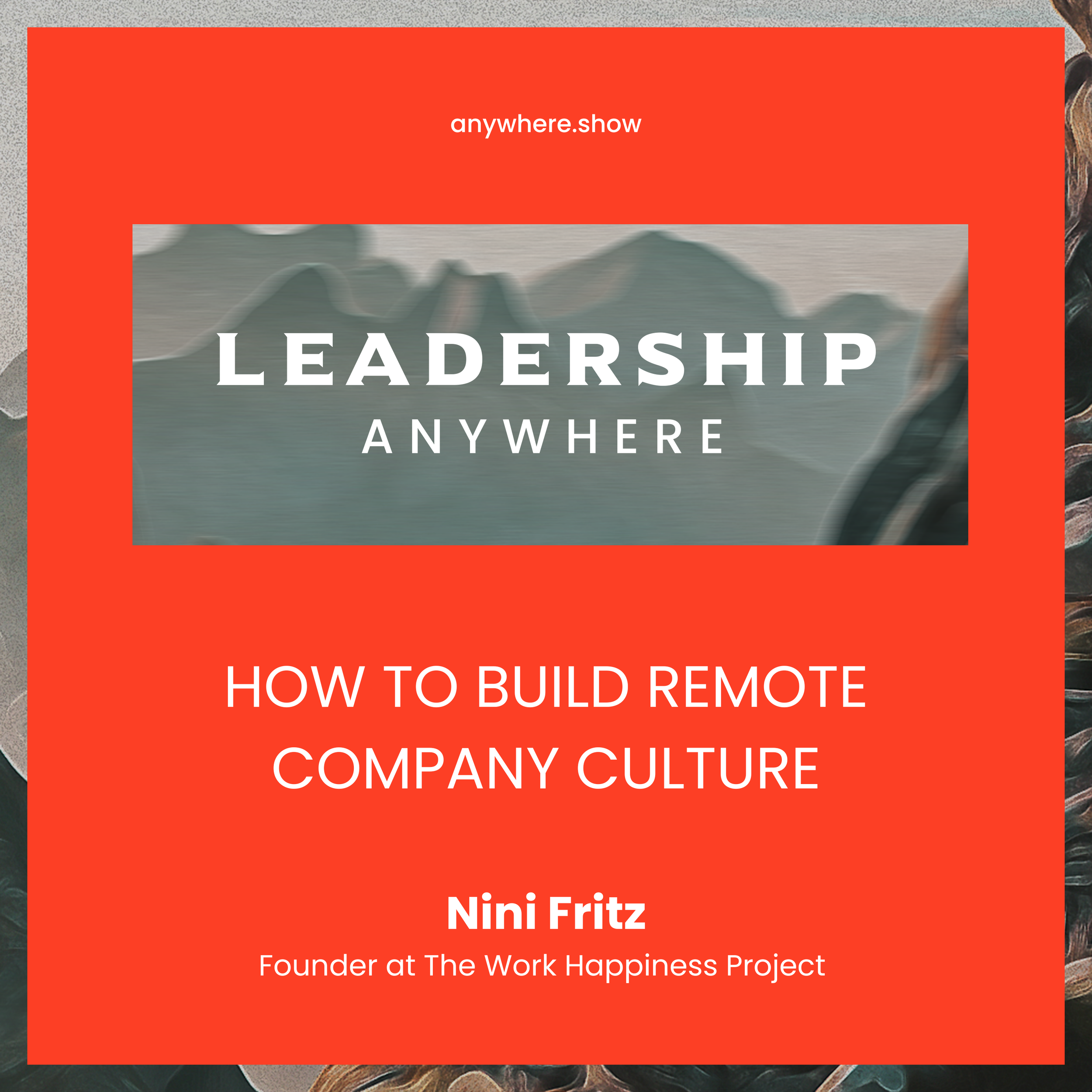The three pillars of company culture
Company culture is an ever-changing concept not just for remote companies but for anyone.
Because it IS culture, people will continuously argue about it and provide multiple solutions for the same topic.
But there are some basics which we can agree on when it comes to company culture. I call it the three pillars of company culture.
Companies with a thriving, inclusive, engaging company culture perform better than others who don't have such a culture. People connect through memories, experiences, and emotions. The more they connect, the better they perform.
Companies with a great company culture have less employee churn and a higher success rate in hiring. People gravitate towards those cultures where they are respected and feel safe and inspired. They also tend to stick to these cultures if they are already inside.
When you build a company culture, you have to be proactive. Managers who inspire, make, and facilitate a company's culture should think about proactive solutions. You have to build a theatre to let people go to see plays. You have to invest in culture to reap the benefits of having one.
Investing in company culture pays out dividends in performance and employee satisfaction
Let's talk about investment first. It works like anything else: you put in the resources and get an ROI. Resources are mostly time and commitment, but you need to invest the money to organize culture-focused events.
I had a wonderful chat with Nini Fritz from The Work Happiness Project on my podcast. She argued that every penny/cent you invest in culture pays dividends in performance and employee satisfaction. She also said that remote companies should reinvest the money they save on the lack of office spaces into the culture. Currently, Doist and many other remote-first companies are practicing this with excellent results.
Create memorable experiences through remote retreats
One tactic to consider when it comes to culture is to create immersive experiences through proactive programs - such as remote retreats. The more memorable the experience, the stronger the bond between your team members.
I discussed this topic in an inspiring conversation with Matthew Young, founder of Nomadic6. He helps companies to connect through remote retreats. One thing that I particularly loved about this conversation, maybe because I also share this view with Matt, is the fact that the braver you are, the better the experience will be. Your growth zone starts after the edge of your comfort zone. It is wonderful to visit the usual touristic places with your team, but if you want to kick the ball around, go for the crazy stuff.
Matt shared memories of remote retreats where they climbed an active volcano and wandered in the Sahara.
Get the help of entertainment when you organize events with your team
Let's be honest. Most corporate events and conferences are insanely boring—the same old concept with the coffee table and the name tags. The stage is unfacilitated with an awkward MC, keynotes about corporate presentations on products, etc. You can make your event more memorable with only a few small ideas. Just invite the art of entertainment to help you. The goal is the same: be proactive in creating unique events, either online or offline, so your team members can bond for good.
I discussed the intersection of entertainment and events with event experience strategist Carolene Méli, founder of Leveraged Events Lab. She spent more than a decade as an event experience designer at Cirque du Soleil - so she had some pretty interesting tips from the entertainment world.
That's it, and I hope you've got some great insights. Remember, culture is about memories and shared values. But you have to be proactive to make it work.
It's worth it.
Peter
Share this post!




